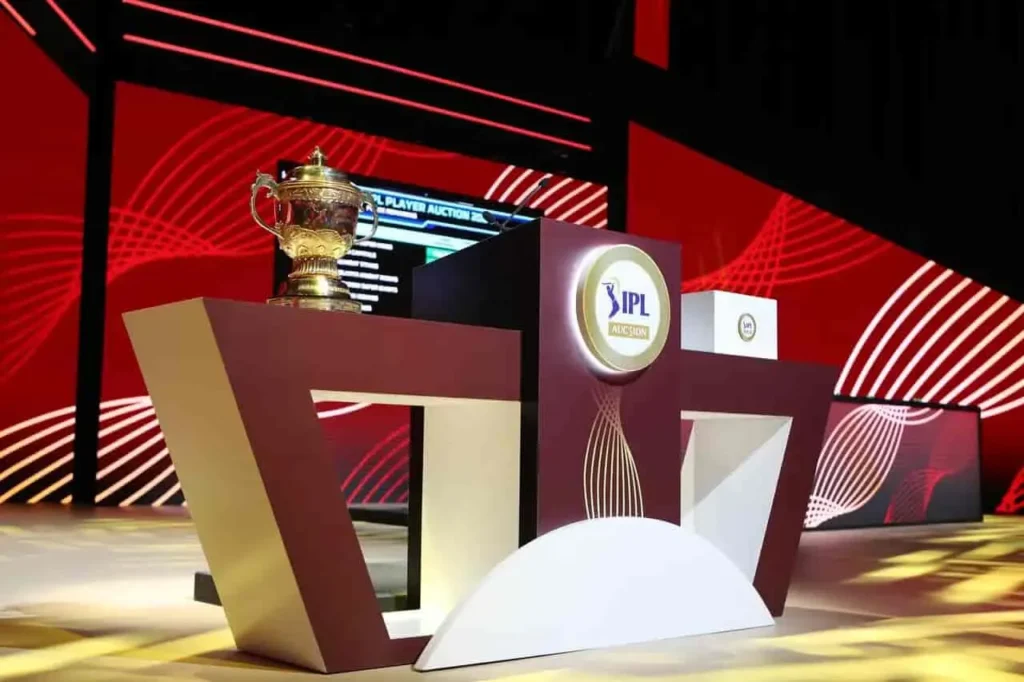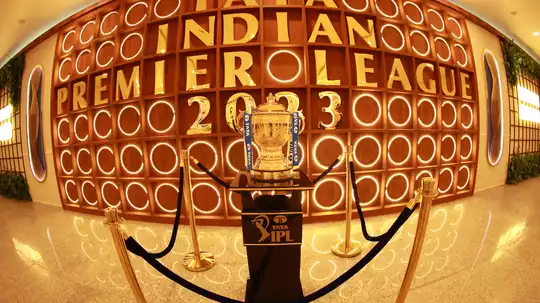In the dynamic world of cricket, the Indian Premier League (IPL) stands as a cricketing extravaganza that captures the attention of millions worldwide. However, the spotlight isn’t just on the players; it extends to the business side of things, particularly the quest for a title sponsor. The Board of Control for Cricket in India (BCCI) is on the lookout for a new partner and has set forth some intriguing conditions for prospective bidders.
The driving force behind the stringent conditions lies in the aftermath of a tumultuous episode involving a Chinese smartphone giant, Vivo. Following the India-China border standoff, Vivo chose to step away from its five-year sponsorship agreement, paving the way for the Tata Group to take the reins. Learning from this experience, the BCCI is now cautious about associating with companies from countries that don’t share friendly relations with India.
The BCCI’s Invitation to Tender (ITT) document, the gateway for potential sponsors, carries a notable clause. It explicitly states that corporate entities vying for the sponsorship must not be incorporated in a jurisdiction with which India doesn’t maintain friendly relations. If any corporate entity or proposed shareholder falls into such a category, the bidder must provide detailed information about its shareholding structure and ultimate ownership.
What’s catching attention is the BCCI’s categorical refusal to entertain bids from Chinese companies, reflecting broader geopolitical sensitivities. This move aims to align the IPL sponsorship with the sentiments of the Indian populace and avoid potential public backlash.

However, the eligibility criteria extend beyond geopolitical boundaries. The BCCI has also closed the door on companies associated with fantasy games, sportswear, and cryptocurrency. The rationale behind this decision remains somewhat elusive, but the BCCI seems keen on distancing the IPL from certain industries.
Interestingly, the ban on companies involved in the production of sportswear raises eyebrows. The ITT document explicitly disqualifies bidders engaged in athleisure, performance wear, and sportswear. The reasons behind this exclusion remain undisclosed, adding an air of mystery to the BCCI’s decision-making process.
In addition to specific industry exclusions, the BCCI’s ITT document prohibits bids from companies operating from tax havens like Mauritius and the British Virgin Islands. This move appears to be a step towards ensuring transparency and preventing financial dealings through entities based in jurisdictions known for their lenient tax policies.
The need for a new title sponsor arose as the Tata Group’s sponsorship deal concluded after the last IPL season. The upcoming sponsorship agreement is set to span five years, carrying through until 2028. With a reserve price of INR 360 crore per year, the BCCI aims to maintain the value established by the Tata Group in the previous seasons.
Despite the lucrative nature of the IPL, the initial response to the sponsorship tender has reportedly been lukewarm. However, with the bidding process slated for January 13-14, there is still time for potential sponsors to step forward. Given the IPL’s stature as one of the premier cricket leagues globally, optimism persists that a reputable firm will come on board at a favorable price.
To ensure the integrity of the IPL brand, the BCCI has outlined strict criteria for the ineligibility of bidders. The list includes companies engaged in betting and gambling services, cryptocurrency trading and exchange, fantasy gaming, and those associated with alcohol products. The prohibition on surrogate branding, an attempt to submit bids indirectly on behalf of a different entity, adds another layer of scrutiny.
The BCCI’s quest for an IPL title sponsor is marked by a cautious approach, reflecting the lessons learned from past experiences. The eligibility criteria set forth in the ITT document serve not only as a guide for prospective bidders but also as a testament to the BCCI’s commitment to aligning the IPL with public sentiment and global business standards. As the bidding process unfolds, cricket enthusiasts and business observers alike will keenly watch to see which company takes center stage as the title sponsor of the IPL, carrying the legacy of this cricketing spectacle forward.

